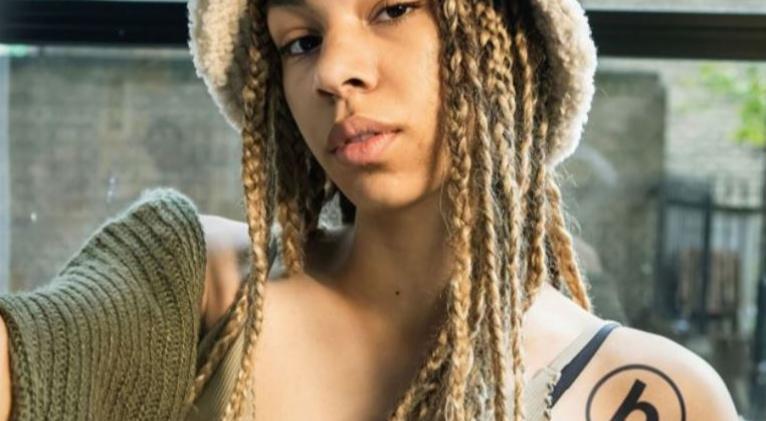ⓑBodyright: First “Copyright” Mark on Our Bodies
especiales

«When you see they’ve taken your image from Internet, and you find it multiplied in cyberspace for different purposes, anguish sets in, a shame, that you cannot even work, nor look people in the eye, because it seems to you that everyone has already seen you on the networks. Your anger boils, your impotence, because you want to delete those photos, delete the comments... but you can't. It's like you no longer own your body."
This is how a young Cuban woman who went through that bitter ordeal told CubaSí and asked her name not be revealed.
To prevent the repetition of phenomena like this, and even worse, the United Nations Population Fund (UNFPA) presented its new campaign ⓑBodyright to the world to promote actions that protect the right to decide on the images of our bodies.
No wonder the new campaign coincided with the celebration, on November 25th, of the International Day for the Elimination of Violence against Women, an occasion on which the UN Secretary General, Antonio Guterres, exhorted: "Let's raise our voices strongly to defend women's rights. Let’s proudly say: we are all feminists. And let's relegate violence against women and girls to history books."
What is ⓑBodyright?
It’s the first copyright created to stop the abuse of bodies in the virtual world and to demand protection against online violence.
Its concept contains a call to action so that virtual abuses of human bodies are taken as seriously as copyright violations, says the United Nations body in charge of sexual and reproductive health, UNFPA.
To those who might sneer at such a proposal, let’s just remind them that worldwide, 85% of women declare having witnessed digital violence, and almost 40% have suffered it in the flesh.
The United Nations Population Fund, referring to investigations, surveys and polls, stresses that in cyberspace images are manipulated and, based on them, people are subjected to insults referring to their gender, race, belonging to the LGBTQ+ collective, to the type of body... These images are also the object of non-consensual, degrading sexual acts.
And all this brings along anguish like the one narrated by the Cuban woman who offers her testimony, causes psychological, emotional, and even physical suffering, while the technology companies and others responsible for such situations do not take it for granted, or give little credit to such a delicate issue, which in particular harms women, girls, racial and ethnic minorities, the LGBTQ+ community and marginalized communities.
Consequently, the ⓑBodyright is a new type of copyright that seeks to strengthen the right to keep control over our bodies without fear of abuse or violence over their images in virtual spaces.
The ⓑ symbol can be added to any image of a human body directly on social networks or any other digital content sharing platform. In this UNFPA link it’s still possible to upload the image and place the copyright that protects bodily autonomy online with the same rigor with which copyright infringement is expected.
In the nets of gender violence
It’s common for digital violence, especially on social networks, to be highly sexualized and include everything from cyberbullying, cyberflashing (sending unsolicited obscene images), doxing (revealing identifying information about a person online), hate speech, and also the unauthorized use of images and videos.
Nine out of 10 women say that online violence affects their well-being, and more than a third of them have faced mental health problems for this reason, which, in turn, puts barriers to authentic and free self-expression, and negatively impacts in the professional life of those who have online work as a way of life.
Despite the harm of digital violence, in most countries legal provisions that deal with it have not yet been adopted, and in those where they already exist, it becomes a complex process to enforce them and punish those who desecrate or misuse our images online, which must be as sacred as the bodies themselves.
Translated by Amilkal Labañino / CubaSí Translation Staff














Add new comment